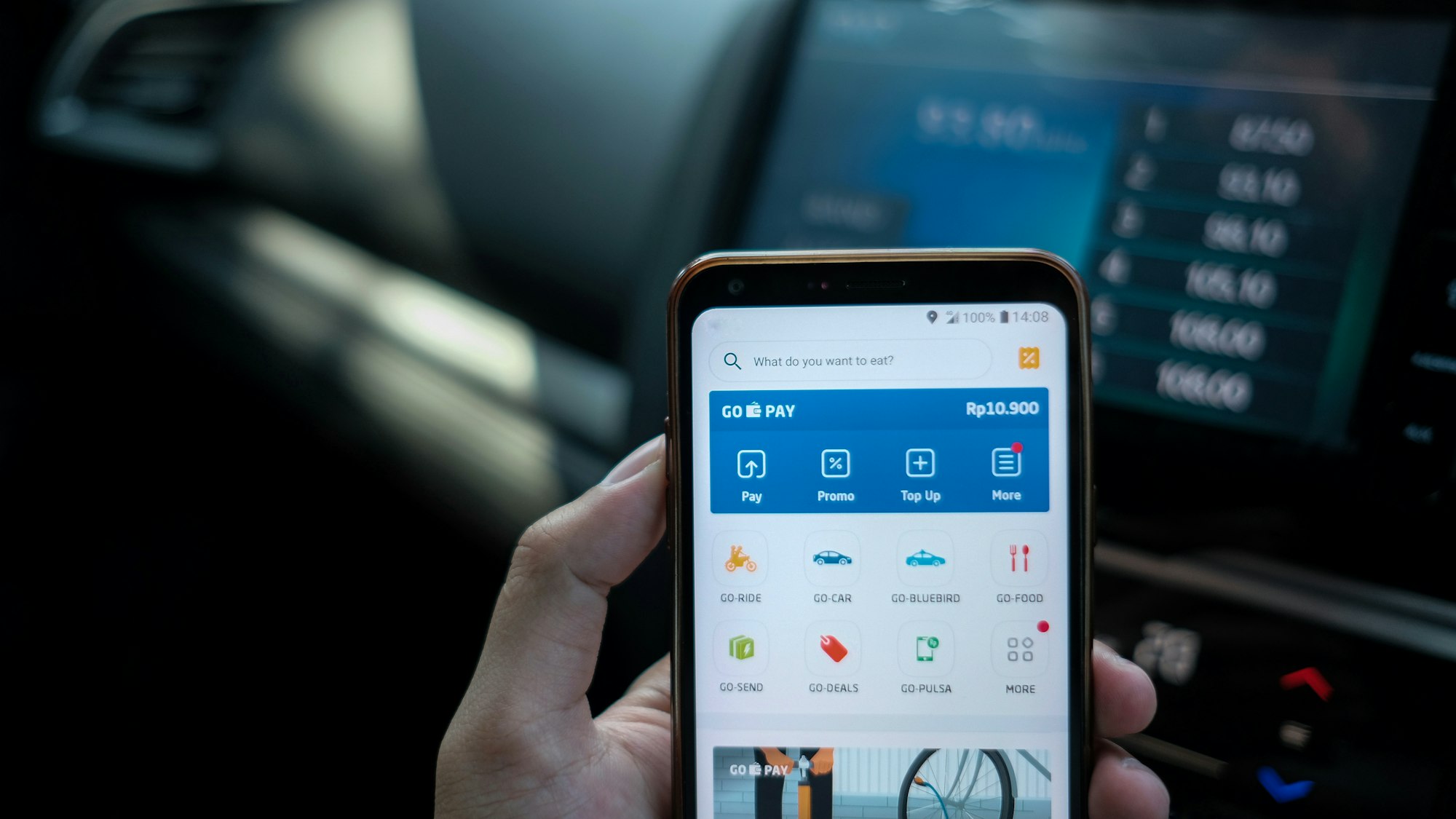Flutterwave Partners with FIRS to Simplify Tax Payments
Flutterwave and FIRS team up to make tax payments in Nigeria faster and easier with digital and offline payment options.

Nigeria’s tax payment system just got a much-needed upgrade, thanks to a new partnership between the Federal Inland Revenue Service (FIRS) and fintech company Flutterwave.
This collaboration is set to make tax payments simpler, faster, and more convenient for businesses and individuals across the country—a welcome change for many who have long struggled with a slow and cumbersome process.
After all, paying taxes in Nigeria has never been a walk in the park. Long queues, slow processing times, and limited digital options have made the experience frustrating. Even the country’s tax-to-GDP ratio stood at 7.9% in 2022, well below the African average of 16%, highlighting broader challenges in tax compliance and revenue collection.
With this partnership, taxpayers will be able to pay through multiple digital channels, track payments in real time, and even access offline payment options. This is especially crucial for Nigeria’s vast informal economy, which accounts for about 57% of the country’s GDP, according to the International Monetary Fund. Many businesses still operate in cash-based systems with limited internet access, making offline payment methods a potential game-changer for improving tax compliance.
But this isn’t just about convenience. A more efficient tax system benefits the entire economy. In 2023, FIRS collected ₦12.37 trillion in taxes, surpassing its revenue target by ₦816 billion. Improved digital infrastructure not only streamlines payments but also helps curb tax evasion and fraud, which cost Nigeria billions each year.
As one of Africa’s leading payment technology companies, Flutterwave plays a key role in this transition by providing the infrastructure needed to handle seamless digital tax payments. The company, which facilitates transactions across more than 30 countries, has been at the forefront of Africa’s fintech revolution, making digital payments more accessible across sectors.
As fintech solutions become more involved in public services, this partnership is another step toward making Nigeria’s tax system fully digital. If done right, it could make paying taxes easier, boost tax collection, and support economic growth by ensuring both taxpayers and the government benefit from a smoother process.








